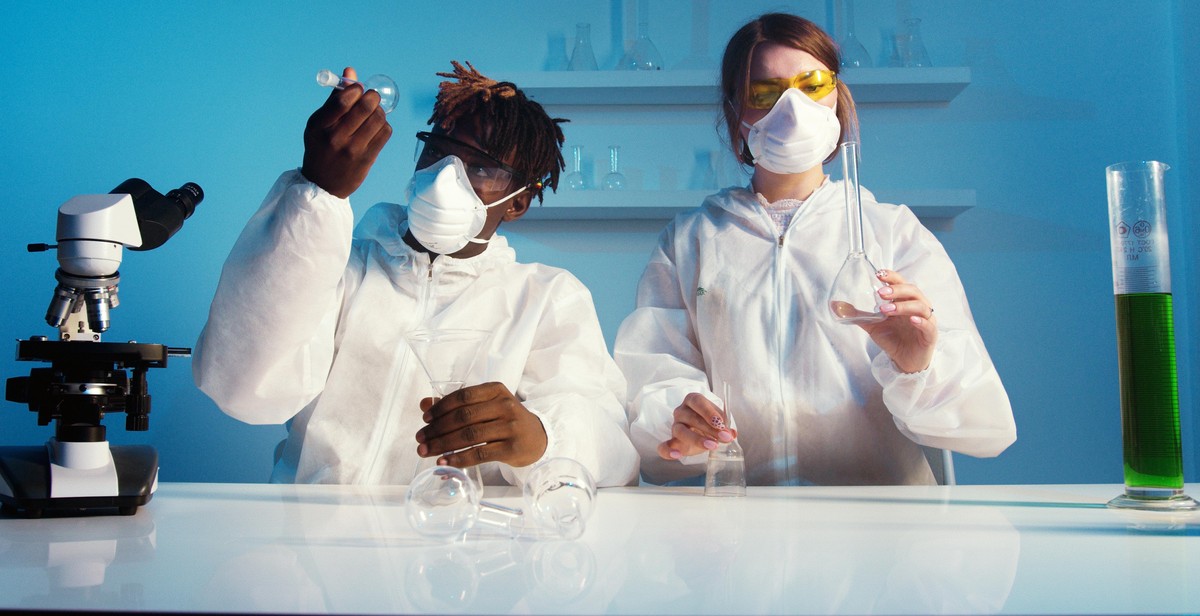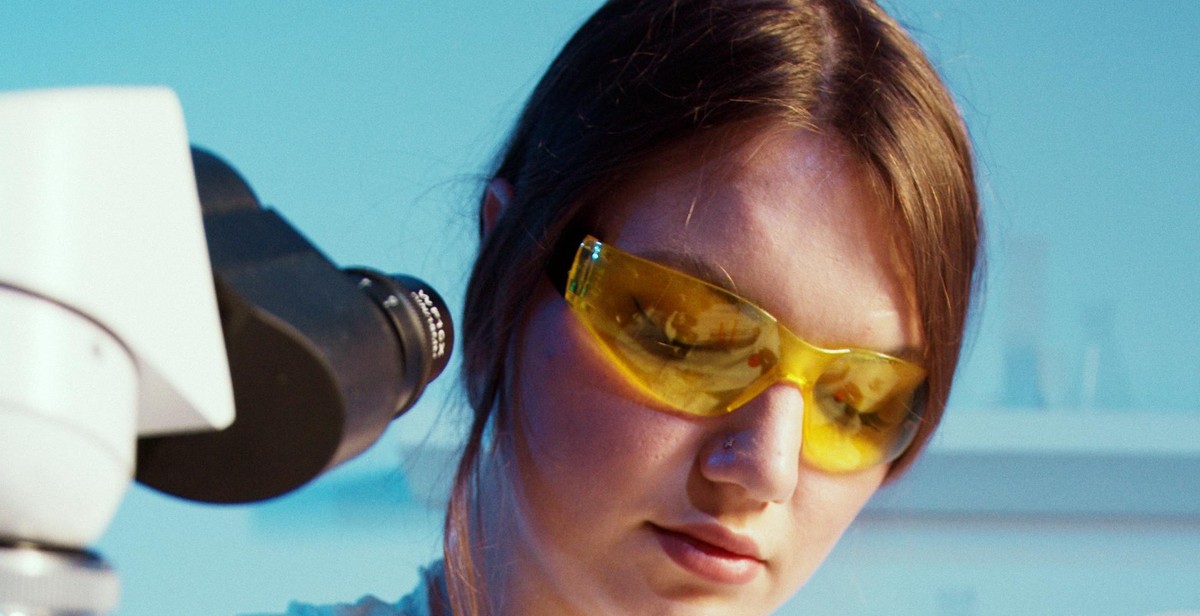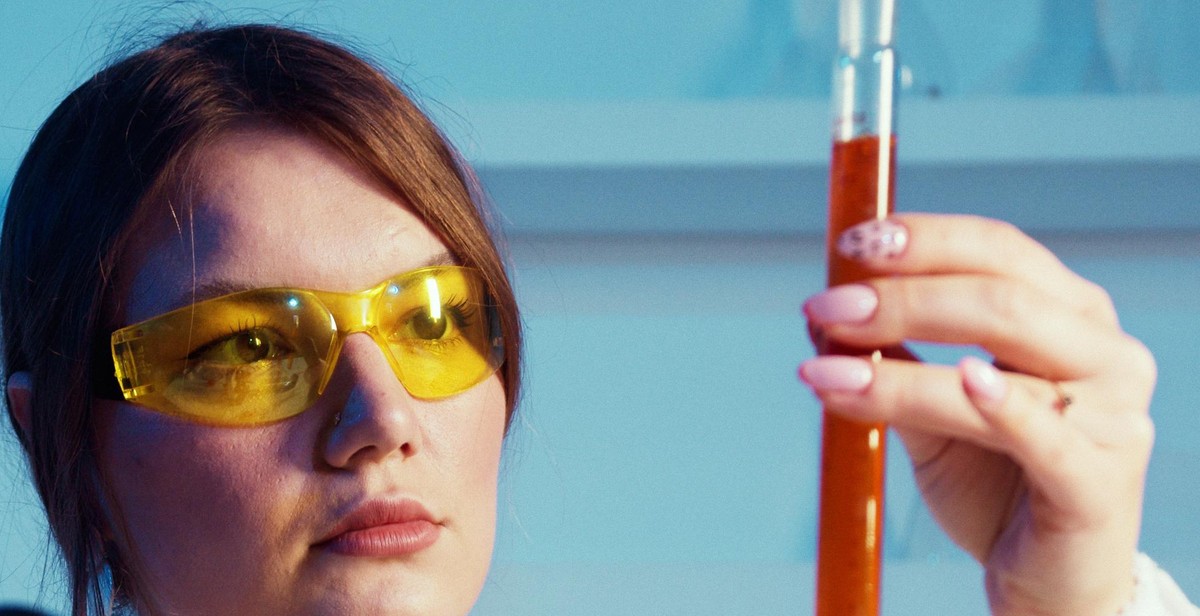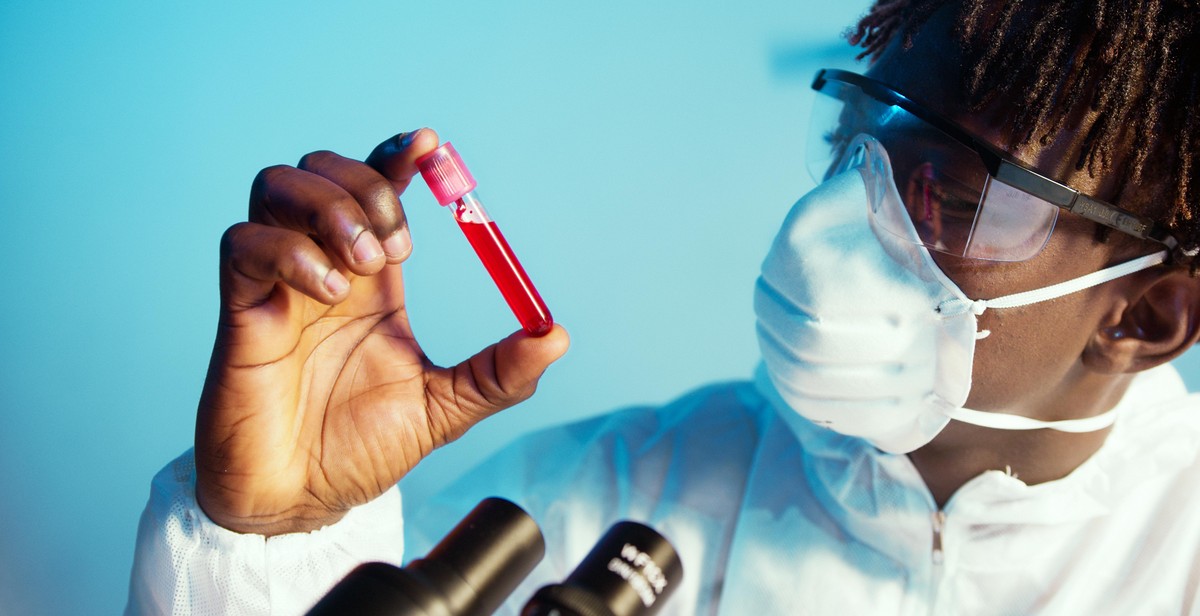How to Become a Vaccine Researcher: Career Path and Educational Requirements
Vaccines are an essential tool in preventing and controlling infectious diseases. Vaccine researchers play a crucial role in developing and improving vaccines to protect people and animals from diseases. If you are interested in becoming a vaccine researcher, this article will guide you through the career path and educational requirements.
Career Path
The career path of a vaccine researcher typically involves several stages. At the entry-level, you may work as a research assistant or laboratory technician, assisting senior researchers with experiments, data collection, and analysis. As you gain experience and knowledge, you can advance to a research scientist or project manager role, where you lead your own research projects and supervise research teams. Finally, you may become a senior research scientist or a research director, responsible for developing and overseeing the research strategy and direction of an organization.
Educational Requirements
To become a vaccine researcher, you will need a strong educational background in science. A bachelor’s degree in biology, biochemistry, microbiology, or a related field is typically required for entry-level positions. However, to advance in your career and take on more senior roles, a master’s degree or a Ph.D. in a relevant field is often necessary. Additionally, gaining research experience through internships or working in a laboratory can be highly beneficial in preparing for a career in vaccine research.

What is a Vaccine Researcher?
A vaccine researcher is a professional who studies and develops vaccines to prevent diseases. They are responsible for conducting research and clinical trials to test the safety and effectiveness of vaccines before they are approved for public use.
Defining Vaccine Researcher
Vaccine researchers work in various settings, including pharmaceutical companies, government agencies, and academic institutions. They may specialize in different areas of vaccine research, such as viral or bacterial vaccines, or vaccines for specific diseases such as cancer or HIV.
Their work involves understanding the immune system and how it responds to different pathogens. They also develop and test new vaccine formulations, adjuvants, and delivery systems to improve vaccine efficacy and safety.
Roles and Responsibilities
The roles and responsibilities of a vaccine researcher may include:
- Designing and conducting experiments to test the safety and efficacy of vaccines
- Collecting and analyzing data from clinical trials
- Collaborating with other researchers and scientists to develop new vaccines
- Writing research proposals and grant applications to secure funding for their work
- Publishing research findings in scientific journals
- Presenting research findings at conferences and meetings
- Ensuring that research is conducted in compliance with ethical and regulatory guidelines
Successful vaccine researchers possess excellent analytical and problem-solving skills, as well as strong communication and teamwork abilities. They must also stay up-to-date with the latest advancements in vaccine research and technology.
Conclusion
In conclusion, a vaccine researcher is responsible for developing and testing vaccines to prevent diseases. They play a vital role in protecting public health and require a strong educational background in science, as well as relevant work experience and skills.

Educational Requirements for Vaccine Researchers
As a vaccine researcher, you will need to have a solid educational background in science and research. Here are the educational requirements you will need to meet to become a vaccine researcher:
Undergraduate Degree
The first step towards becoming a vaccine researcher is to obtain an undergraduate degree in a related field. Most vaccine researchers have a degree in biology, microbiology, immunology, or a related field. During your undergraduate studies, you will take courses in biology, chemistry, physics, and mathematics. You will also take courses in research methods and statistics to prepare you for graduate studies.
Graduate Degree
After obtaining an undergraduate degree, you will need to pursue a graduate degree in a related field. Most vaccine researchers have a Master’s or PhD degree in microbiology, immunology, or a related field. During your graduate studies, you will focus on advanced topics in vaccine research, including vaccine development, clinical trials, and immunology. You will also conduct original research and write a thesis or dissertation.
Certifications
While not required, certifications can help you stand out in the job market and demonstrate your expertise in vaccine research. The National Registry of Certified Microbiologists offers several certifications for microbiologists, including the Specialist Microbiologist in Pharmaceutical and Medical Device Microbiology certification, which focuses on vaccine research and development. The American Society for Microbiology also offers several certifications for microbiologists, including the Diplomate in Laboratory Management certification, which demonstrates your proficiency in managing a vaccine research laboratory.
| Educational Requirements | Details |
|---|---|
| Undergraduate Degree | Bachelor’s degree in biology, microbiology, immunology, or related field |
| Graduate Degree | Master’s or PhD degree in microbiology, immunology, or related field |
| Certifications | Specialist Microbiologist in Pharmaceutical and Medical Device Microbiology certification or Diplomate in Laboratory Management certification |
Meeting these educational requirements is essential to becoming a successful vaccine researcher. With the right education and certifications, you will be able to develop, test, and improve vaccines to help protect people from diseases and improve public health.

Career Path for Vaccine Researchers
A career in vaccine research can be highly rewarding and fulfilling. It requires a strong educational background, as well as practical experience in the field. Here are the typical career paths for vaccine researchers:
Entry-Level Positions
Entry-level positions in vaccine research typically require a bachelor’s degree in a relevant field such as biology, microbiology or immunology. Graduates can work as research assistants, laboratory technicians or scientific associates. They are responsible for conducting experiments, collecting data, and analyzing results. They may also assist in the development of new vaccines and work with senior researchers to design and execute experiments. These positions offer an excellent opportunity for recent graduates to gain hands-on experience in the field and develop their research skills.
Mid-Level Positions
Mid-level positions in vaccine research typically require a master’s degree or a Ph.D. in a relevant field. Graduates can work as research scientists, project managers or team leaders. They are responsible for leading research projects, managing teams of researchers, and developing new vaccines. They may also be involved in clinical trials and regulatory affairs. These positions offer an excellent opportunity for experienced researchers to advance their careers and take on more responsibility.
Senior-Level Positions
Senior-level positions in vaccine research typically require extensive experience in the field and a Ph.D. in a relevant field. Graduates can work as senior research scientists, department heads, or directors. They are responsible for overseeing research projects, managing budgets, and developing strategic plans for vaccine development. They may also be responsible for liaising with government agencies, industry partners, and other stakeholders. These positions offer an excellent opportunity for experienced researchers to take on leadership roles and make a significant impact in the field.
| Position | Educational Requirements | Responsibilities |
|---|---|---|
| Entry-Level | Bachelor’s Degree | Conduct experiments, collect data, analyze results, assist in vaccine development |
| Mid-Level | Master’s Degree or Ph.D. | Lead research projects, manage teams, develop new vaccines, oversee clinical trials and regulatory affairs |
| Senior-Level | Ph.D. | Oversee research projects, manage budgets, develop strategic plans, liaise with stakeholders |

Skills Required for Vaccine Researchers
Technical Skills
As a vaccine researcher, you will need to have a strong background in science and research methodology. Some of the technical skills required for this profession include:
- Knowledge of microbiology and immunology: To develop vaccines, you will need to have a solid understanding of microbiology and immunology. You should be familiar with the various types of microorganisms and how they affect the human body, as well as the immune system’s response to these microorganisms.
- Experience with laboratory techniques: You should be proficient in a variety of laboratory techniques, including cell culture, genetic engineering, and protein purification. You should also be able to analyze data using statistical software.
- Experience with animal models: You should be familiar with animal models and how they can be used to test vaccine efficacy and safety. You should also be knowledgeable about the ethical considerations involved in animal research.
- Experience with clinical trials: You should have experience designing and conducting clinical trials to test vaccine safety and efficacy in humans. You should be familiar with the regulatory requirements for clinical trials and the ethical considerations involved in human research.
Soft Skills
Along with technical skills, vaccine researchers need to possess several soft skills to excel in their profession. These skills include:
- Collaboration: Vaccine research is often a collaborative effort involving scientists from various disciplines. You should be able to work effectively with others and communicate your ideas clearly.
- Creativity: Developing new vaccines requires innovative thinking and problem-solving skills. You should be able to think outside the box and come up with creative solutions to complex problems.
- Attention to detail: Vaccine research involves meticulous attention to detail to ensure that experiments are conducted accurately and data is analyzed correctly.
- Organization: You should be able to manage multiple projects simultaneously and stay organized to ensure that deadlines are met.
- Communication: You should be able to communicate your findings effectively to other scientists, regulatory agencies, and the general public.
| Technical Skills | Soft Skills |
|---|---|
| Knowledge of microbiology and immunology | Collaboration |
| Experience with laboratory techniques | Creativity |
| Experience with animal models | Attention to detail |
| Experience with clinical trials | Organization |
| Communication |

Conclusion
Becoming a vaccine researcher can be a rewarding career path for those who are passionate about making a difference in the world. It requires a combination of education, experience, and dedication to the field.
Educational Requirements
Most vaccine researchers have a background in biology, microbiology, or a related field. A bachelor’s degree is typically the minimum requirement, but many researchers hold a master’s or doctoral degree.
It’s important to consider the specific requirements of the job you are interested in, as some positions may require additional education or training in a specific area of vaccine research.
Career Path
The career path for a vaccine researcher can vary depending on the individual’s goals and interests. Entry-level positions may involve laboratory work and data analysis, while more senior positions may involve managing teams of researchers or overseeing clinical trials.
Networking and gaining experience through internships or volunteer work can be beneficial in advancing your career as a vaccine researcher.
Conclusion
If you are interested in becoming a vaccine researcher, it’s important to pursue a relevant education and gain experience in the field. With dedication and hard work, you can make a meaningful impact on public health and contribute to the development of life-saving vaccines.
